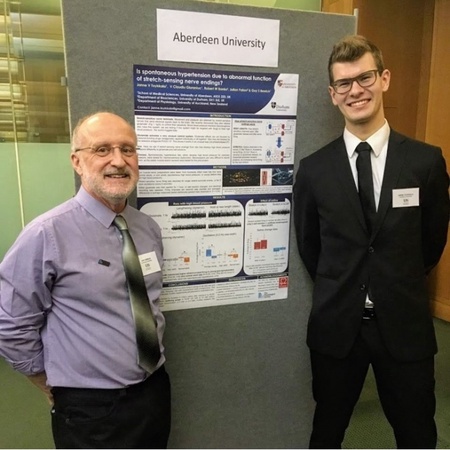Research papers / book reports / witty remarks, smart retorts / of these things none can I do / but I still tried and so should you! -Samantha Farley (Try your best, 2016)
Earlier this month I was in London where I joined a hall full of other undergraduate students, each with a poster on research they had conducted, in front of which they were waving their hands and pointing at colourful graphs. I was at an event called Posters in Parliament, talking and gesturing just as enthusiastically in front of my very own A1 size poster.
Anyone walking through would have been struck by the smorgasbord of topics from every possible area of study, from passion projects done in students’ free time, to supervised bachelor’s and placement projects. Students were excitedly sharing ideas ranging from how to improve designs of racing sailboats, to how modern floral symbolism indicated with LGBT+ actually comes directly from the Renaissance. Yet others had stumbled upon unanswered questions and turned them into original ideas, such as how dental problems can be an indicator of mental health issues.
It turns out that the British parliament is very interested in research. This is why every year they invite both undergraduate and postgraduates from universities across the UK to present their findings at the Houses of Parliament. Further, on the parliament website there are open calls for the submission of scientific evidence to different committees on the issues that they are currently tackling (tip: your work being posted on the committee webpage counts as a citation!). They also provide fellowships for PhD students and academics to work on self-proposed topics, or specific projects from parliamentary offices, with a duration of a few months to two years.
I myself, in the summer of my second year, completed a 10-week research project in Dr Guy Bewick’s lab here in the Institute of Medical Sciences. When recording from stretch-sensitive nerves of rats with high blood pressure, we found abnormal reactivity. We were excited because this means these types of nerves could be a new target for better blood pressure medications.
The other student from the University of Aberdeen, Cameron Singh-Johnstone from the School of Biological Sciences, presented the findings of his honours dissertation that was supervised by Professor René van der Wal. Cameron found that the practice of cutting down invasive woody plants benefitted the puffin numbers on the uninhabited island of Craigleith, as it removes predator cover near the nesting burrows.
All in all, the event left me inspired. Anyone can delve into an issue with a rigorous scientific approach, help from friendly professors, and perhaps some mad Excel skills. When I started this process, I certainly wasn’t fluent in the scientific method. I learned everything on the go and asked for a lot of help along the way. So, I would encourage anyone who has an enquiring mind to have a go; dive into a topic with passion and see where it leads you. It’s funny how quickly you can level up your skills when you have something to apply yourself to.
Janne Toykkala


